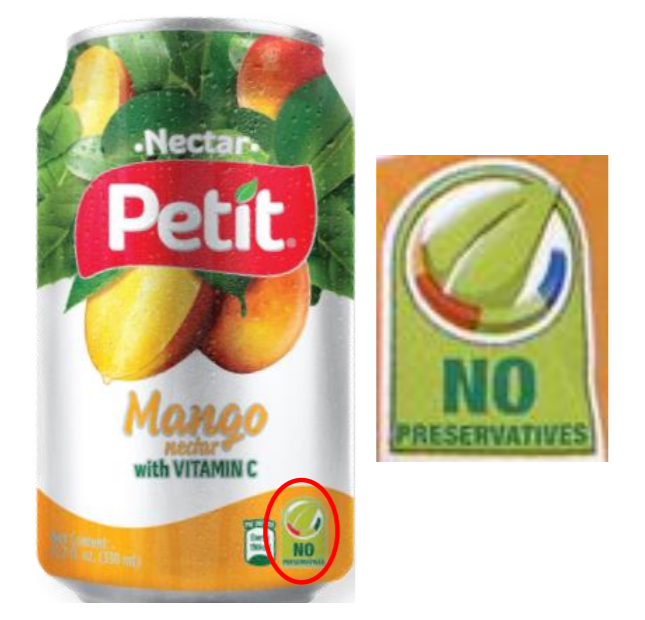Class Action Alleges Nectar Petit ‘No Preservatives’ Claim Is Misleading
by Erin Shaak
Kelly v. Kasim International Corporation
Filed: October 1, 2021 ◆§ 1:21-cv-08134
Nectar Petit products are misleadingly labeled as containing “No Preservatives” despite that they contain ingredients that function as such, a lawsuit alleges.
Nectar Petit products are misleadingly labeled as containing “No Preservatives” despite the fact that the drinks contain two ingredients that function as such, a proposed class action alleges.

Per the 12-page case, the Nectar products contain citric acid and ascorbic acid, chemical preservatives that the suit says are misrepresented in the ingredients list as a flavor enhancer and Vitamin C, respectively. Federal regulations require manufacturers to identify ingredients using their “common or usual name,” the lawsuit says, claiming that consumers would be misled by the Nectar Petit products’ failure to identify the two ingredients accurately as preservatives.
The suit claims defendant Kasim International Corporation has charged a premium price for the Nectar products based on the allegedly misleading “No Preservatives” representation.
Although the front label of Nectar Petit products represents that the nectar contains no preservatives, the ingredients list states “Citric Acid (as Acidulant)” and “Vitamin C (as Ascorbic Acid),” the lawsuit begins. According to the suit, the two ingredients function as chemical preservatives, which are defined as “any chemical that, when added to food, tends to prevent or retard deterioration.” Describing the ingredients as a flavor enhancer, i.e., acidulant, and Vitamin C is misleading to consumers because these descriptions mask the fact that the chemicals function as preservatives, the lawsuit contends.
Per the case, while citric acid may act as an acidulant, i.e., a chemical that imparts a tart, sour or acidic flavor to a food, the defendant’s self-identification of the chemical deceives consumers into believing that the ingredient is not a preservative. Moreover, listing ascorbic acid in parenthesis causes consumers to “pay it less attention than the more familiar ‘Vitamin C,’” the lawsuit alleges. Though ascorbic acid is a chemically modified version of vitamin C, the two terms are authorized as synonyms only in the context of nutrition labeling, not a product’s ingredients list, according to the filing.
All told, the case claims consumers who view the Nectar Petit beverage’s ingredients list will not conclude that citric acid and ascorbic acid are preservatives. Per the suit, the defendant has “prevent[ed] consumers from learning the truth” about the product’s ingredients by describing them in such a way.
The case looks to cover anyone in New York, Massachusetts or Connecticut who purchased the Nectar Petit product during the applicable statute of limitations period.
Get class action lawsuit news sent to your inbox – sign up for ClassAction.org’s newsletter here.
Video Game Addiction Lawsuits
If your child suffers from video game addiction — including Fortnite addiction or Roblox addiction — you may be able to take legal action. Gamers 18 to 22 may also qualify.
Learn more:Video Game Addiction Lawsuit
Depo-Provera Lawsuits
Anyone who received Depo-Provera or Depo-Provera SubQ injections and has been diagnosed with meningioma, a type of brain tumor, may be able to take legal action.
Read more: Depo-Provera Lawsuit
How Do I Join a Class Action Lawsuit?
Did you know there's usually nothing you need to do to join, sign up for, or add your name to new class action lawsuits when they're initially filed?
Read more here: How Do I Join a Class Action Lawsuit?
Stay Current
Sign Up For
Our Newsletter
New cases and investigations, settlement deadlines, and news straight to your inbox.
Before commenting, please review our comment policy.